This is from our friend, Stephen Scheinberg, the retired history professor from Montreal’s Concordia University, who occasionally shares his commentaries. He sends us a moving and impassioned blog post by Bernard Avishai, the liberal American-Israeli intellectual, who participated in one of the regular weekly demos at the West Bank town of Bi’lin:
I have been too busy here in Florida to write. However, Bernard Avishai’s latest post is deserving of a wide reading. Below, he makes essential points: A major Supreme Court ruling is being simply ignored; this important non-violent struggle is under-reported by the world media; deaths of protesters are occurring; and can a drama without an audience succeed??
He does not make the point that the failure of non-violence may so frustrate the young participants that they turn to violence which will play into the hands of the Israeli right. Those, like our [Canadian] former Justice Minister Irwin Cotler, who praise the Israeli courts as a bastion of democracy, have had little or nothing to say about the regular defiance of court rulings.–Steve
… I left the demonstration feeling more perplexed than inspired, given the many deaths the cause has occasioned. … The Israeli Supreme Court has already ruled that the route of the security wall, which separates the town of Bil’in from hundreds of dunams of its agricultural land, must be moved to restore this land to the town. So the Defense Ministry, in effect, is brazenly violating a decision of the Supreme Court by not complying. …
… The case, in other words, is appalling in a way a great many Israeli liberals could understand; and it is indicative not only of the ways the occupation corrupts the state but also of the caution with which the Supreme Court now proceeds, especially in confrontations over Arab rights, in order not to provoke a backlash against its dwindling power. But all of this also means that the weekly Bil’in demonstration could just as effectively be held, not at the site of the wall, but at the the Defense Ministry in downtown Tel Aviv. …
For the young Arab demonstrators, of course, the ritual is very different. This is their town and, for now, the fight is the meaning of their lives. Twenty-one have died in West Bank town demonstrations like this over the last six years. (Take a moment and let that number sink in.) On Friday, many young locals were wearing masks, throwing rocks, taunting the soldiers in what seemed a rite of passage. They were accompanied to the wall with ambulances. It was as if they had seen movies of the first intifada, the slingshots and televisions cameras, and were determined to live up to this legacy–just not allow past deaths to have been in vain, a sentiment which seems, pathetically, to invite more.
All of this posturing would be fair enough if it were only theater. But, again, now and then someone gets killed, the latest fatality, of course, Jawaher Abu Rahme, who died inhaling gas–whose death was the reason I decided to come. And when people are dying in demonstrations, you can’t help ask the question whether there is some larger political context that will be moved by such terrible sacrifice; whether the demonstrations can serve to crystallize some larger political movement that will ultimately prevail, like Gandhi’s salt march; whether a larger fight is a part of the strategy, or whether there is even a strategy at all. I left Bil’in simply unable to answer the question to my own satisfaction.
To the extent that the relevant audience is international opinion, have not these demonstrations achieved their purpose, or exhausted international attention span, or both? …
I do not mean to imply that these demonstrations are pointless. No fight for justice is pointless. And there is such a fundamental injustice here that people with democratic instincts will, instinctively, respond. Here is a small agricultural village whose lands have been expropriated; here is a court order in a putative democracy that is not respected. What cause could be more pure? Yet I cannot help thinking about that young woman who died, or her brother who died a year ago when he was hit in the chest by a tear gas canister. Death seems a very high price to pay to become an item on Fox News. …
It is sad and ominous that what worked in the confrontation at Budrus, has not thus far succeeded at Bil’lin. Again, Avishai’s complete blog post is accessible online by clicking here.

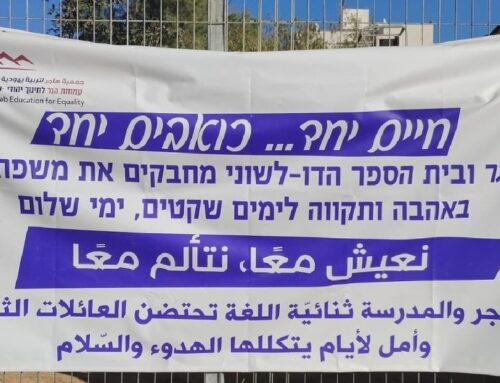
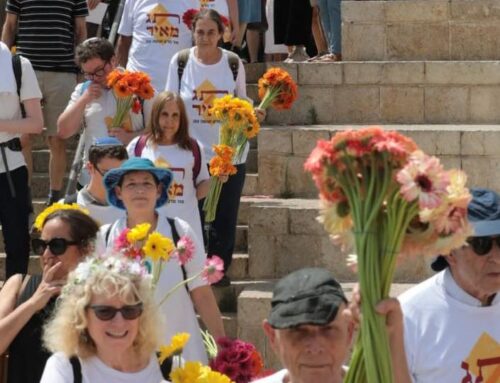
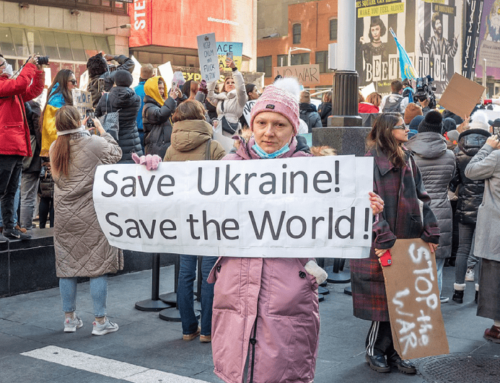
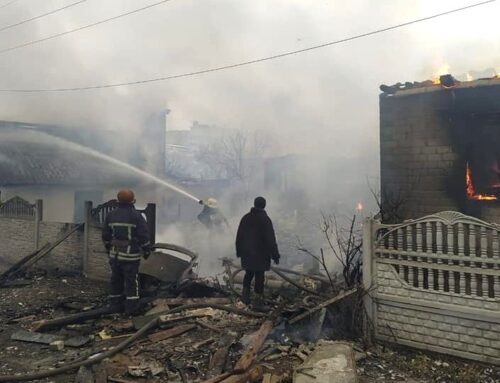
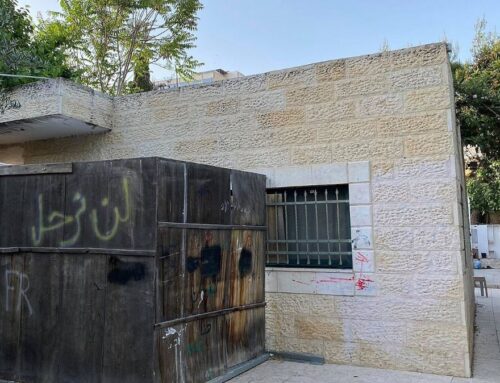
Leave A Comment